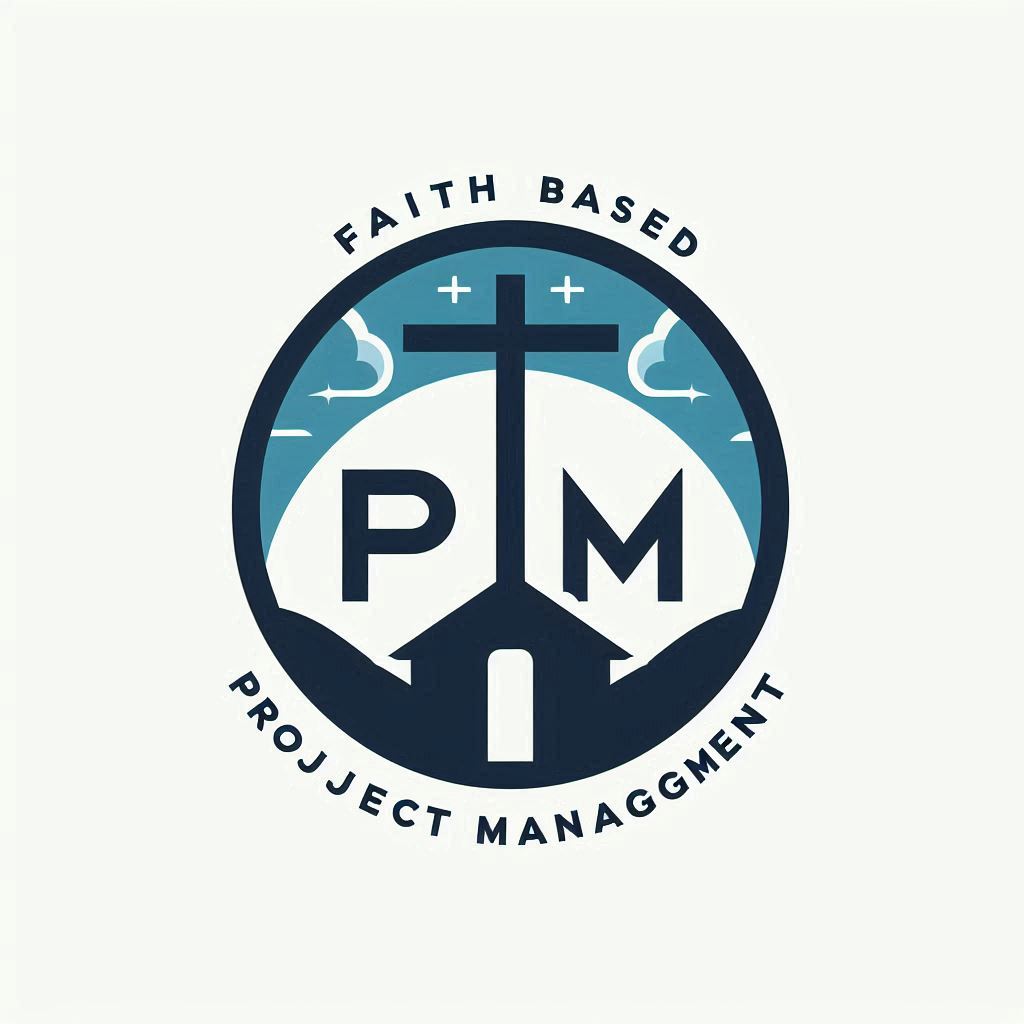Case Studies Of Ethical Challenges And Solutions
Ethical challenges in faith-based organizations are about aligning daily practices with core spiritual values and mission goals. These organizations often face unique dilemmas larger enterprises might not encounter. It’s about balancing worldly operations with divine directives, an intricate dance demanding sensitivity and wisdom.
Faith-based ethical principles revolve around honesty, integrity, compassion, and stewardship. These tenets aren’t just bullet points on mission statements but are expected to be woven into every action and decision.
Faith shapes organization ethics profoundly, defining the moral compass leaders and members follow. Decisions aren’t evaluated just on business success but on spiritual alignment and impact, making the stakes profoundly different.
There have been instances where faith-based organizations faced ethical challenges like discrimination claims, financial mismanagement, or conflicts between religious beliefs and inclusivity. These events teach vital lessons on maintaining harmony between belief and operation, showcasing the potential pitfalls of straying from foundational values.
Key Strategies for Addressing Ethical Dilemmas
Dealing with ethical dilemmas requires a thoughtful approach grounded in both ethical principles and the core values of faith-based operations. The decision-making process needs to be guided by fairness, transparency, and a commitment to the organization’s mission. This is where strategic planning and defined ethical frameworks play pivotal roles.
Implementing decision-making strategies that merge ethical guidelines with faith-based teachings can unite teams and strengthen resolve. These strategies often involve creating ethical committees or boards tasked with overseeing practices to ensure they adhere to core principles while maintaining legal and operational integrity.
Consider the case of a faith-based health organization that encountered issues with service accessibility. They tackled this by assembling a cross-functional ethical panel which brought diverse perspectives and expertise. The solution involved expanding services to underserved areas and ensuring pricing aligned with the faith’s values of equity and compassion. Despite initial resource strains, the outcome reinforced community trust and service impact.
Obstacles to implementing ethical strategies can include resistance to change or misalignment of personal beliefs with organizational ethos. However, addressing these through clear communication and education can reduce friction. It’s about making sure everyone understands not just the ‘what’ and ‘how,’ but the ‘why’ behind policies and decisions.
Consistency in applying ethical standards is non-negotiable. Leaders should lead by example, showing commitment through actions, not just words. Transparency in decision-making builds trust both internally and externally, essential for sustaining faith-based missions over the long term.
3.5 Case Studies of Ethical Challenges and Solutions
Case studies offer a practical view into how faith-based organizations can navigate ethical challenges with integrity and innovation. By examining these real-world scenarios, one can understand the nuanced application of ethical frameworks in diverse situations.
The first case involves a large faith-based charity that faced accusations of financial impropriety. They addressed this by conducting a thorough internal audit led by an independent ethical review committee. Through this transparency, they not only rectified errors but also repositioned themselves as stewards of trust, reinforcing donor confidence.
Another case centers around a faith-driven educational institution grappling with discrimination allegations. They responded by revising their inclusion policies with inputs from both secular legal advisors and faith leaders. This collaborative approach ensured the policies upheld the institution’s spiritual foundations while welcoming and respecting diversity.
The third example highlights a small church community dealing with a divisive political affiliation issue among its members. By facilitating open and respectful dialogue sessions, the church leaders managed to harmonize differing views, focusing on shared values and communal goals, which strengthened member unity.
Finally, consider an ongoing situation—a partial case study—involving a faith-based environmental group attempting to align their green initiatives with local cultural practices. This involves continual outreach and feedback loops with the local community, demonstrating the potential of grassroots engagement in resolving ethical and operational challenges.
Each case emphasizes the importance of dialogue, transparency, and adaptability in ethical decision-making. It’s this blend of listening and leading that equips faith-based organizations to thrive while staying true to their mission.
